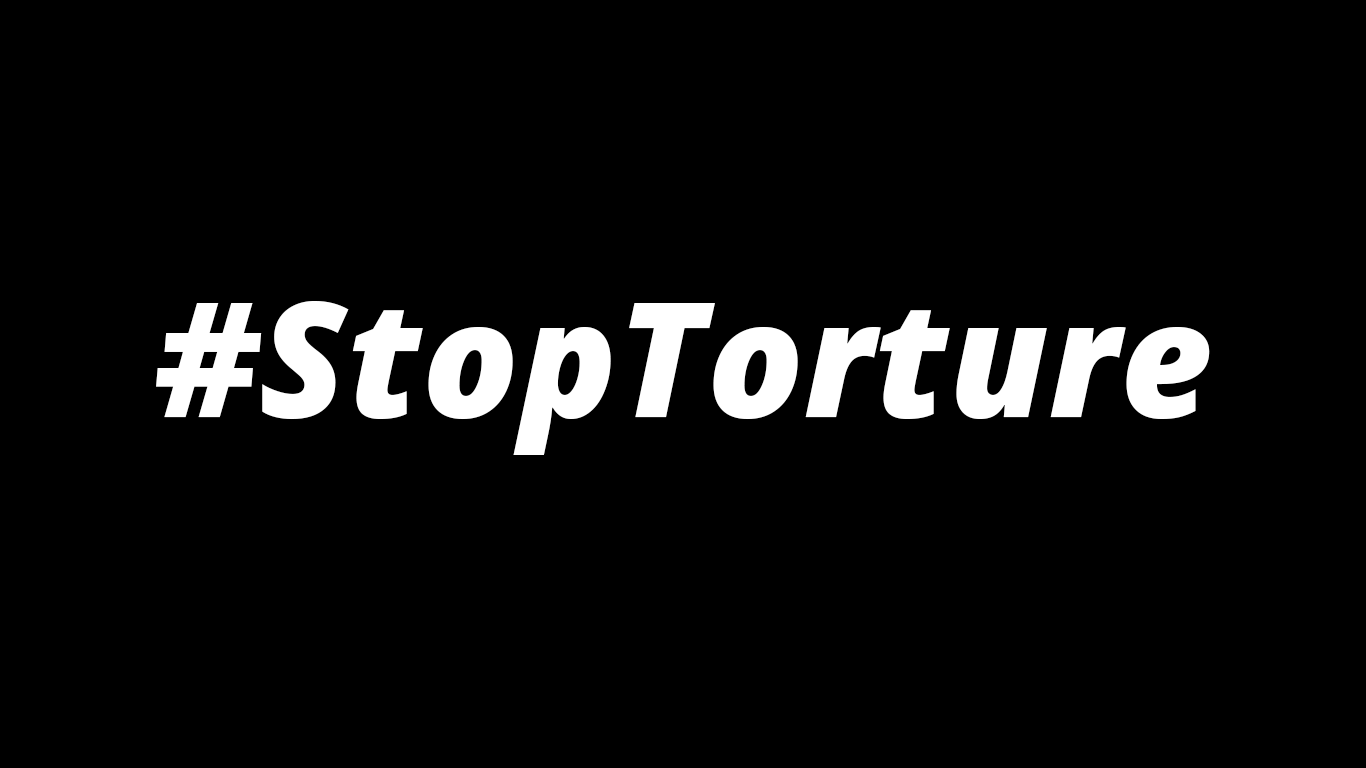Canada’s report on its implementation of the Convention Against Torture will be examined by the United Nations’ Committee Against Torture (CAT) during its 65th session from November 12 to December 7, 2018.
The ICLMG asserts that several Canadian policies, practices and cases contravene multiple provisions of the Convention Against Torture. We thus submitted a report to the CAT and urged the Committee to use it in formulating questions, comments, observations and recommendations in its evaluation of Canada’s report.
Our report contains concerns regarding:
- Anti-terrorism and national security legislation.
- The security certificate regime – notably the urgent situation of Mohamed Harkat, who faces deportation to Algeria where he risks detention, torture and death.
- The ministerial directives on information obtained through torture.
- Consular services – notably the case of Canadian Abousfian Abdelrazik who was detained at the request of Canadian agents and allegedly tortured in Sudan, and who is currently attempting to obtain justice and redress through a civil suit that the federal government recently managed to delay indefinitely.
- The extradition law – notably the case of Hassan Diab, who is now seeking an independent public inquiry into his ordeal.
- The case of Omar Khadr – notably that Canada has not yet provided the full redress recommended by the Committee and required by the Convention. ICLMG and Lawyers’ Rights Watch Canada (LRWC) have sent a joint submission specifically about Omar Khadr. You can read it here.
- Accountability mechanisms for state security agencies.
- The ratification of the Optional Protocol to the Convention against Torture.
Read our full report here.
Since you’re here…… we have a small favour to ask. Here at ICLMG, we are working very hard to protect and promote human rights and civil liberties in the context of the so-called “war on terror” in Canada. We do not receive any financial support from any federal, provincial or municipal governments or political parties. You can become our patron on Patreon and get rewards in exchange for your support. You can give as little as $1/month (that’s only $12/year!) and you can unsubscribe at any time. Any donations will go a long way to support our work. |



